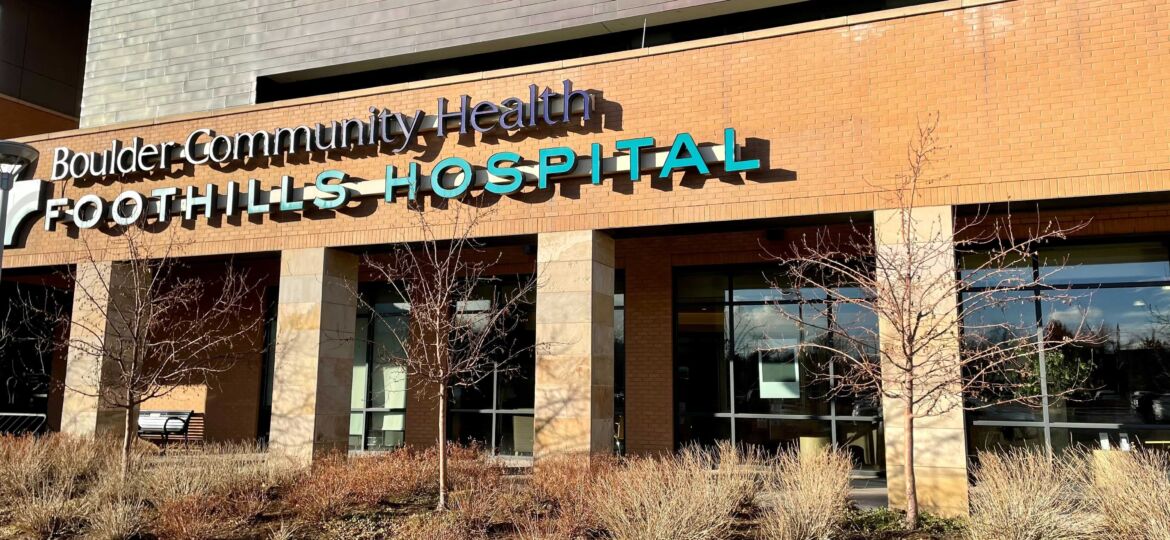
The COVID-19 Vaccine
If the vaccine for COVID-19 isn’t the solution, then what is?
One year ago, our world was infected with the novel coronavirus. What started as an outbreak in Wuhan, China grew to reach all ends of the earth infecting millions around the world. We’ve altered so much of our daily lives within this past year, it’s been hard to imagine what our world will look like once the list stops growing. It’s been difficult to envision what the full solution to this virus will embody.
Now, one year later, we have a potential answer to our problems: becoming vaccinated. Pfizer and Moderna produced two vaccines that were cleared to send off to the general public, distributing in phases and placing those at high-risk first in line, according to the CDC. Although there has been debate about who should receive the vaccine first, recent distribution plans, such as Colorado’s vaccine efforts, have shown it is most essential to treat those aged 60-years-old and older, along with healthcare workers who have direct contact with COVID-19 patients and those working at long-term care facilities.
Phase 1 of Colorado’s distribution plan, scheduled to deliver this winter, contains four parts: 1A, 1B.1, 1B.2, and 1B.3.
- Section 1A and 1B.1 start with vaccinating the highest risk healthcare workers and individuals, and follows with Coloradans aged 70-years-old and older, moderate risk healthcare workers and first responders.
- Section 1B.2 and 1B.3 entail Coloradans aged 65-69, K-12 educators and childcare workers, state government officials, front-line essential workers and civilians aged 16-64 with high risk conditions.
- In the spring, Colorado moves into Phase 2 where people aged 60-64 with high risk conditions and the rest of state and local government employees will be vaccinated. Phase 3 will start in the summer and be distributed to the rest of the general population aged 16-59.
University of Colorado Boulder professor in the Department of Computer Science and BioFrontiers Institute, Daniel Larremore, conducted a study with several other professionals on vaccine rollouts. “You have an exponentially higher likelihood of dying from COVID-19 as you get older,” Larremore said. He explained vaccinating adults aged 60 or older protects them from the vulnerability to other illnesses that could complicate their health, if and when they contract COVID-19.
However, is vaccinating just senior citizens and essential workers enough to gain some form of herd immunity? Herd immunity—as defined by John Hopkins Bloomberg School of Public Health—is when most of a population is immune to an infectious disease, from vaccination or infection, providing indirect protection to those who are not immune to the disease. According to Houston Methodist Leading Medicine, it will take around 70% of the population to become vaccinated in order to reach any herd immunity.
But will younger generations opt-out of taking the vaccine altogether if they’re last in line? Since the rest of the general public won’t start to receive vaccinations until Phase 3—which, as of now, is scheduled to occur in the summer of 2021—it’s possible that young adults will believe herd immunity has already been achieved. Jewel Mullen, the associate dean for health equity at Dell Medical School at the University of Austin at Texas said, “As more people get vaccinated, young people may think, ‘Oh, other people got it, so I don’t have to worry about it so much.’”
When I interviewed CU undergraduate students if they will take the vaccine when it is ready for our age group, they said one of two things: They’ve already had COVID-19, or they don’t trust how quick the vaccine was produced and are hesitant to take it out of fear for health repercussions in the future.
Even with the rapid production time, the CDC states, “Clinical trials for all vaccines must first show they meet rigorous criteria for safety and effectiveness before any vaccine, including COVID-19 vaccines, can be authorized or approved for use.” So, there should be no distrust in the safety of these vaccinations. After all, aren’t we supposed to listen to the science behind it?
From one college student to another, our golden ticket to normalcy is here, and it’s imperative for every member in society, young and old, to think beyond ourselves during this time. Getting vaccinated when it’s your turn could secure your own health and save the lives of others.

